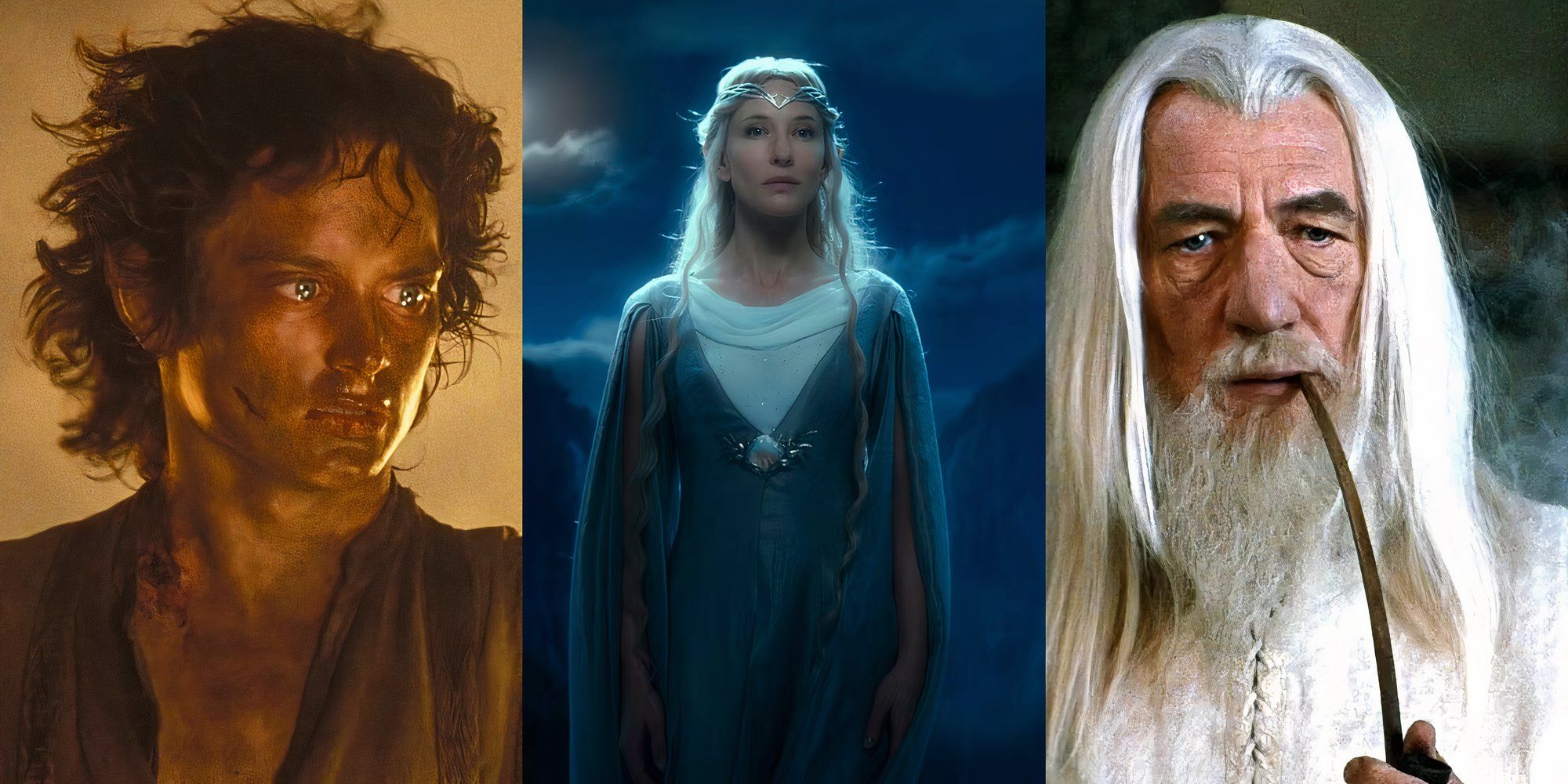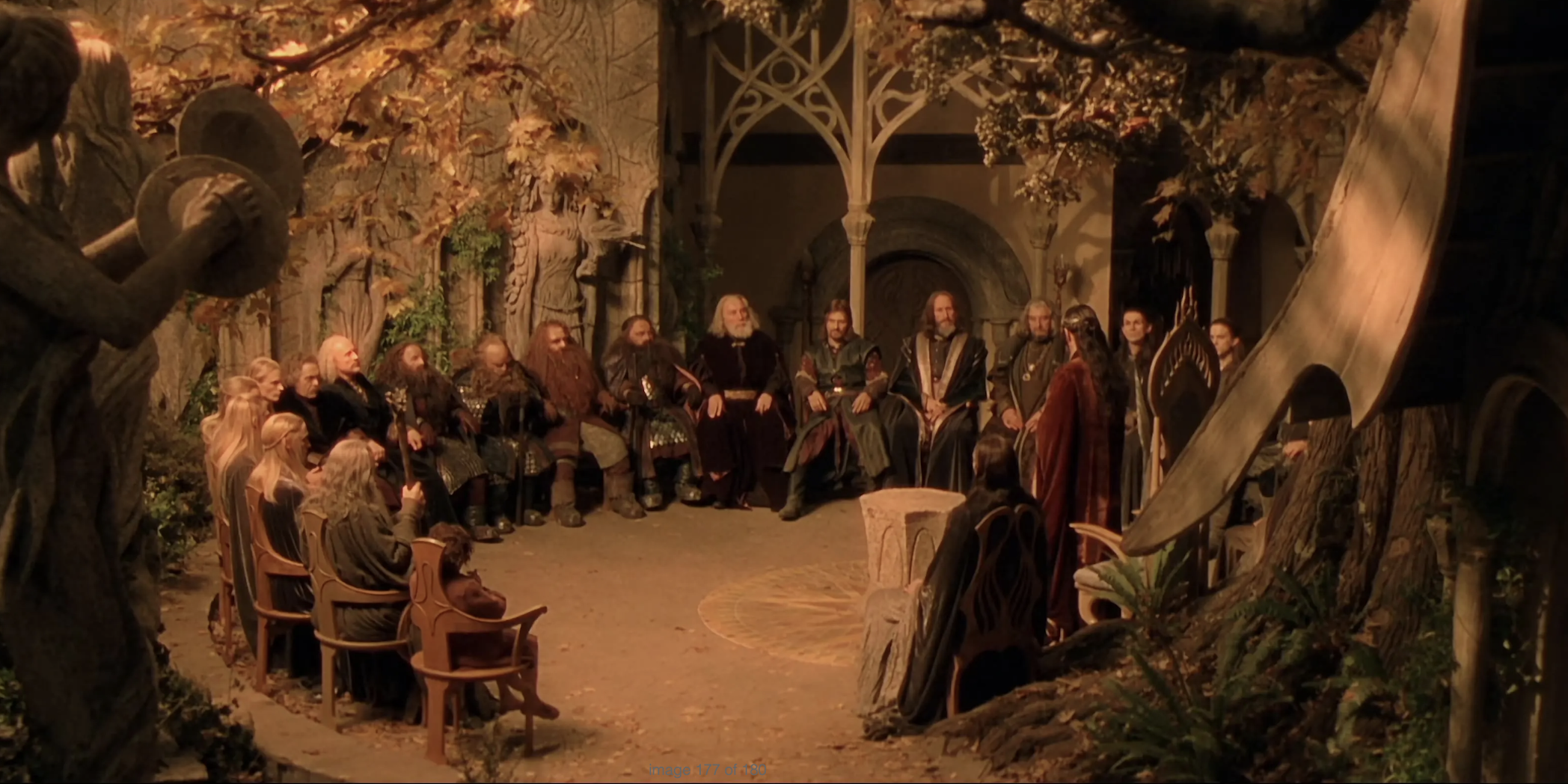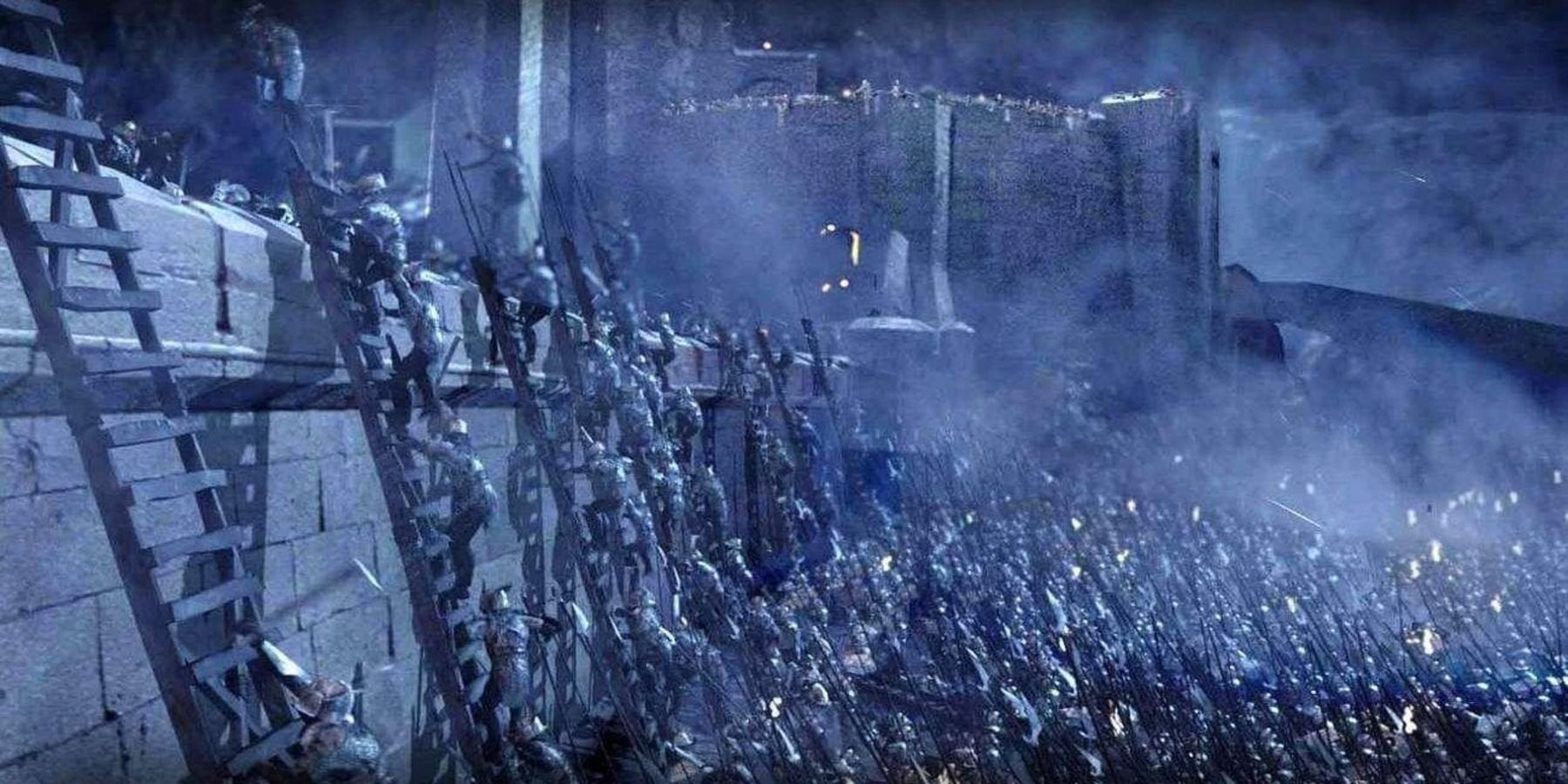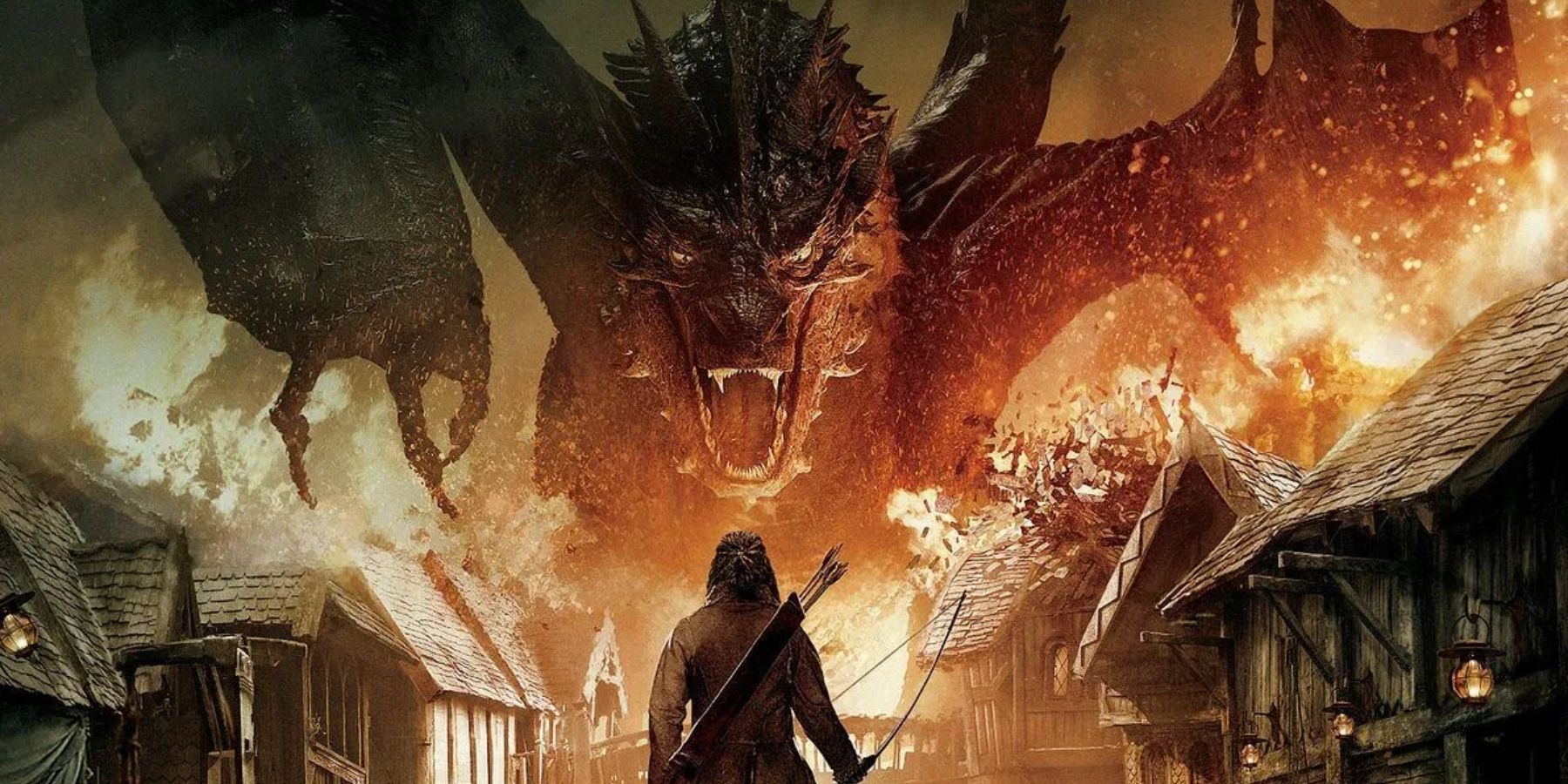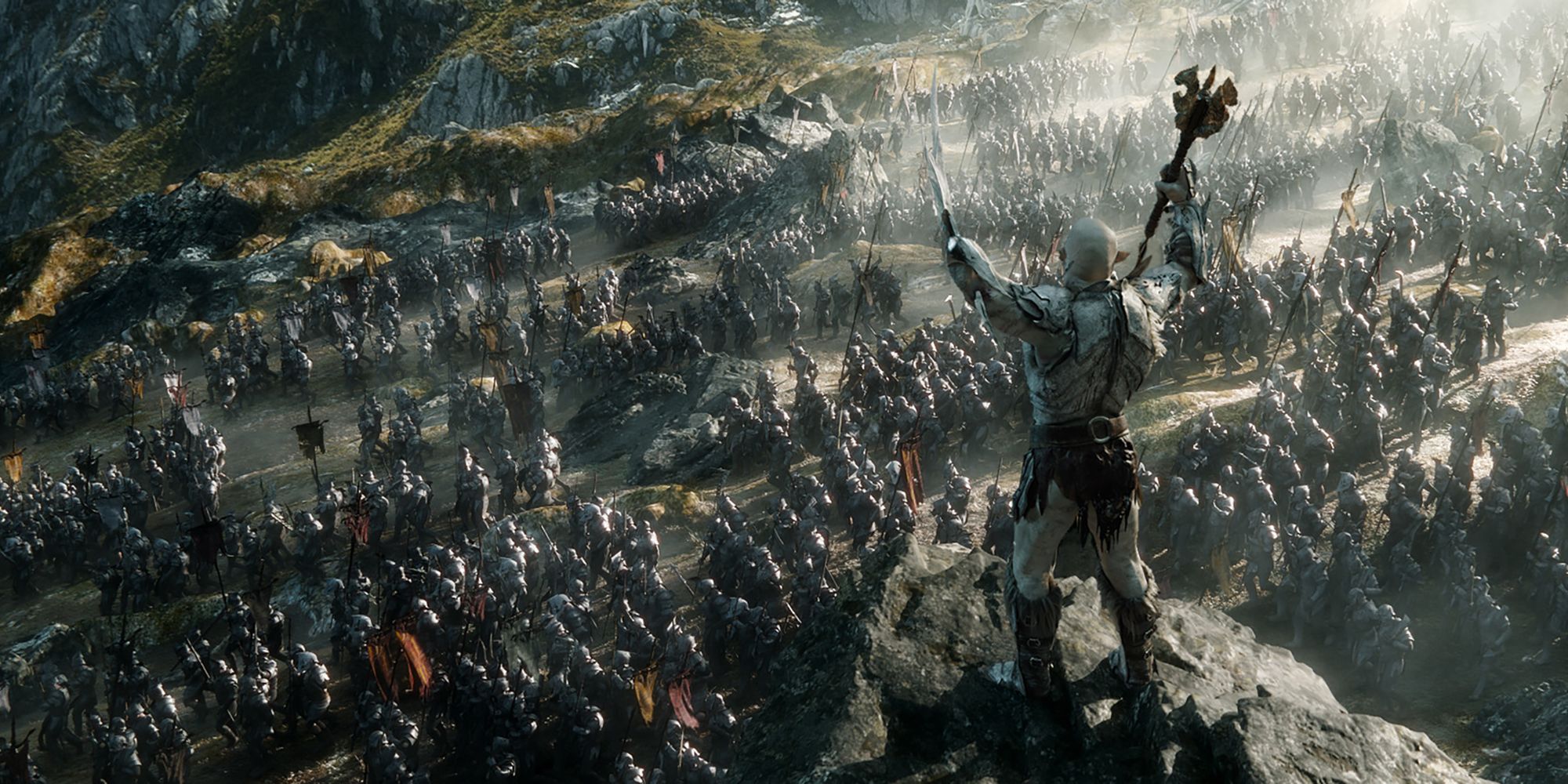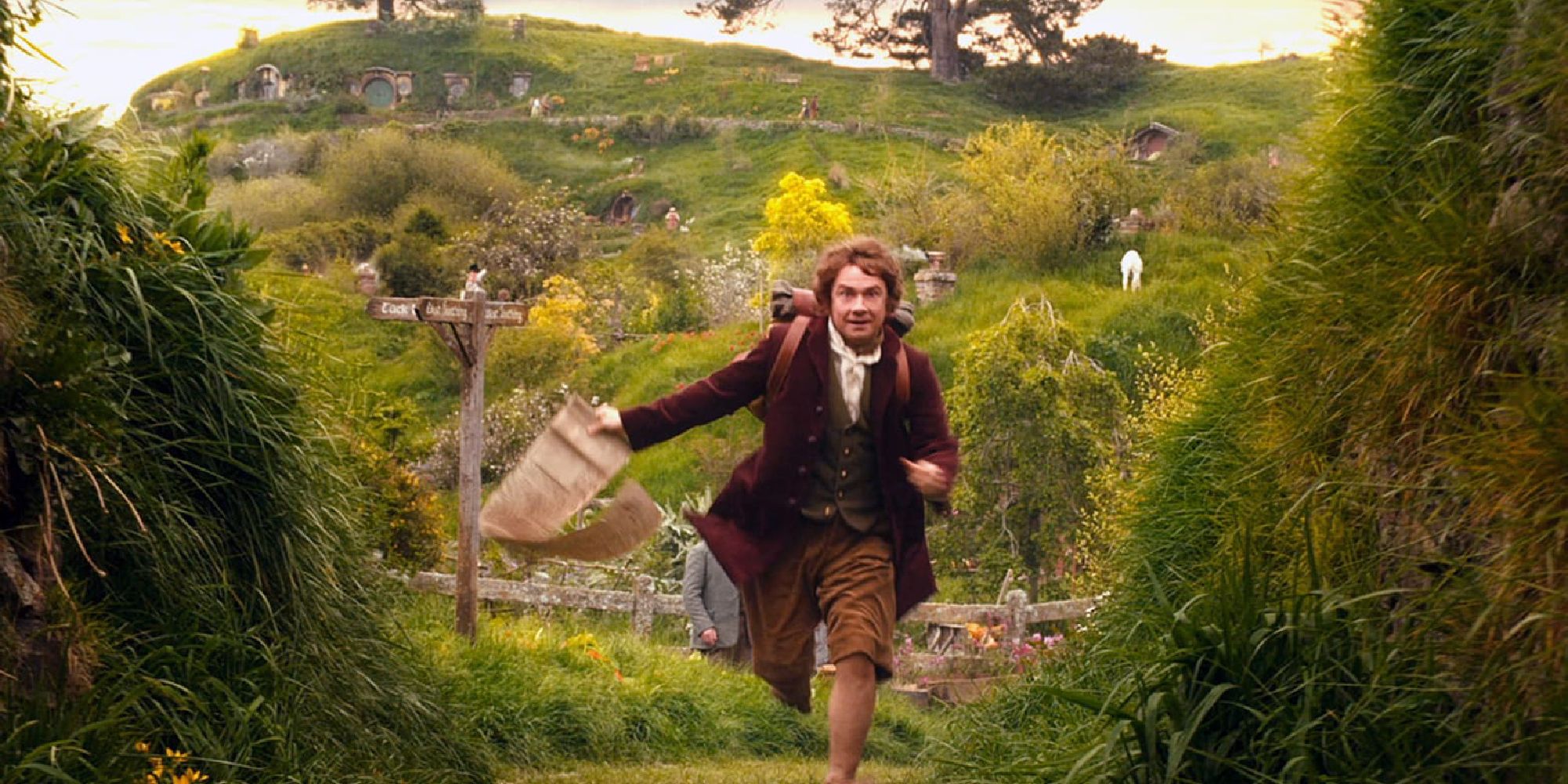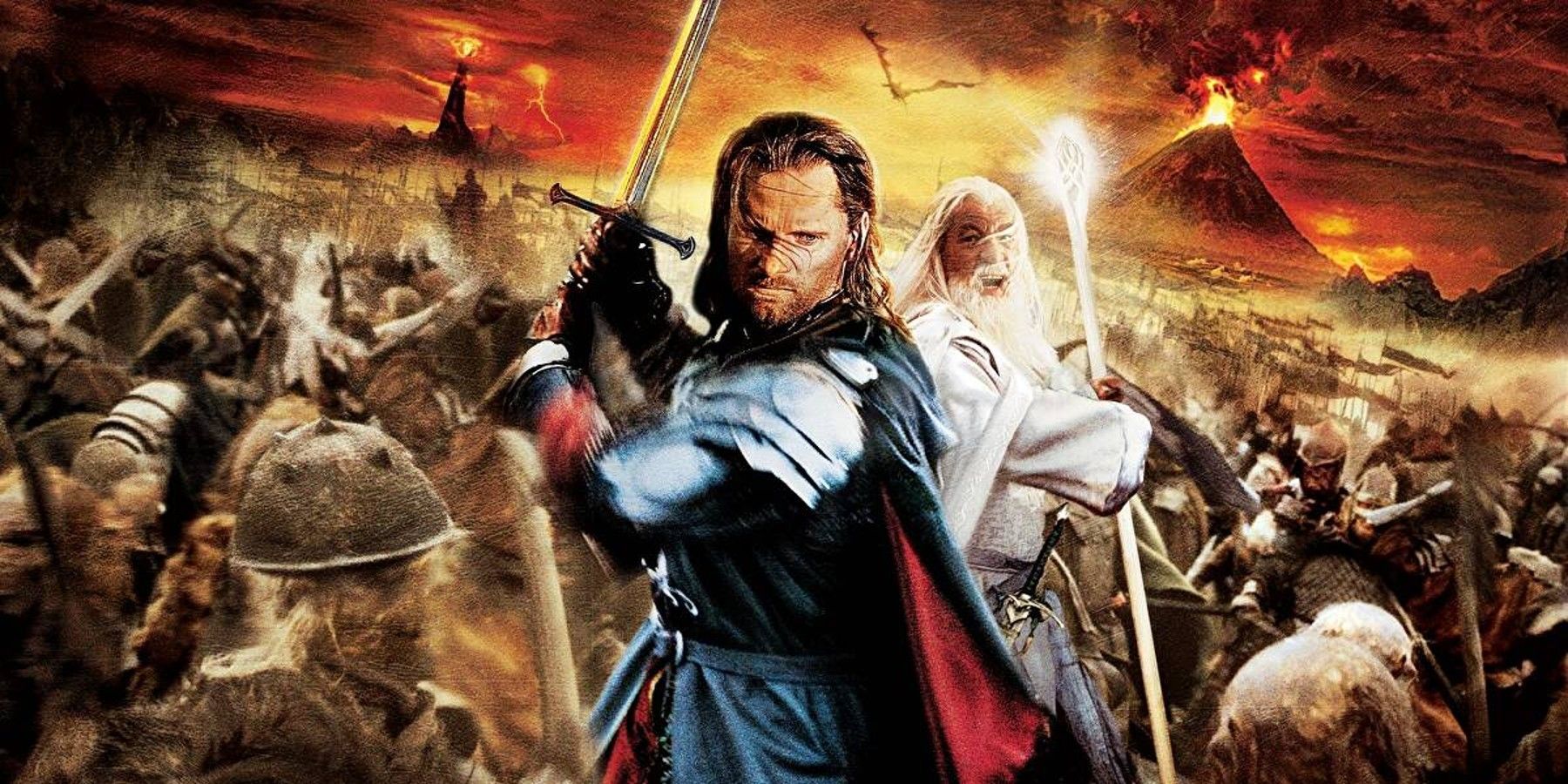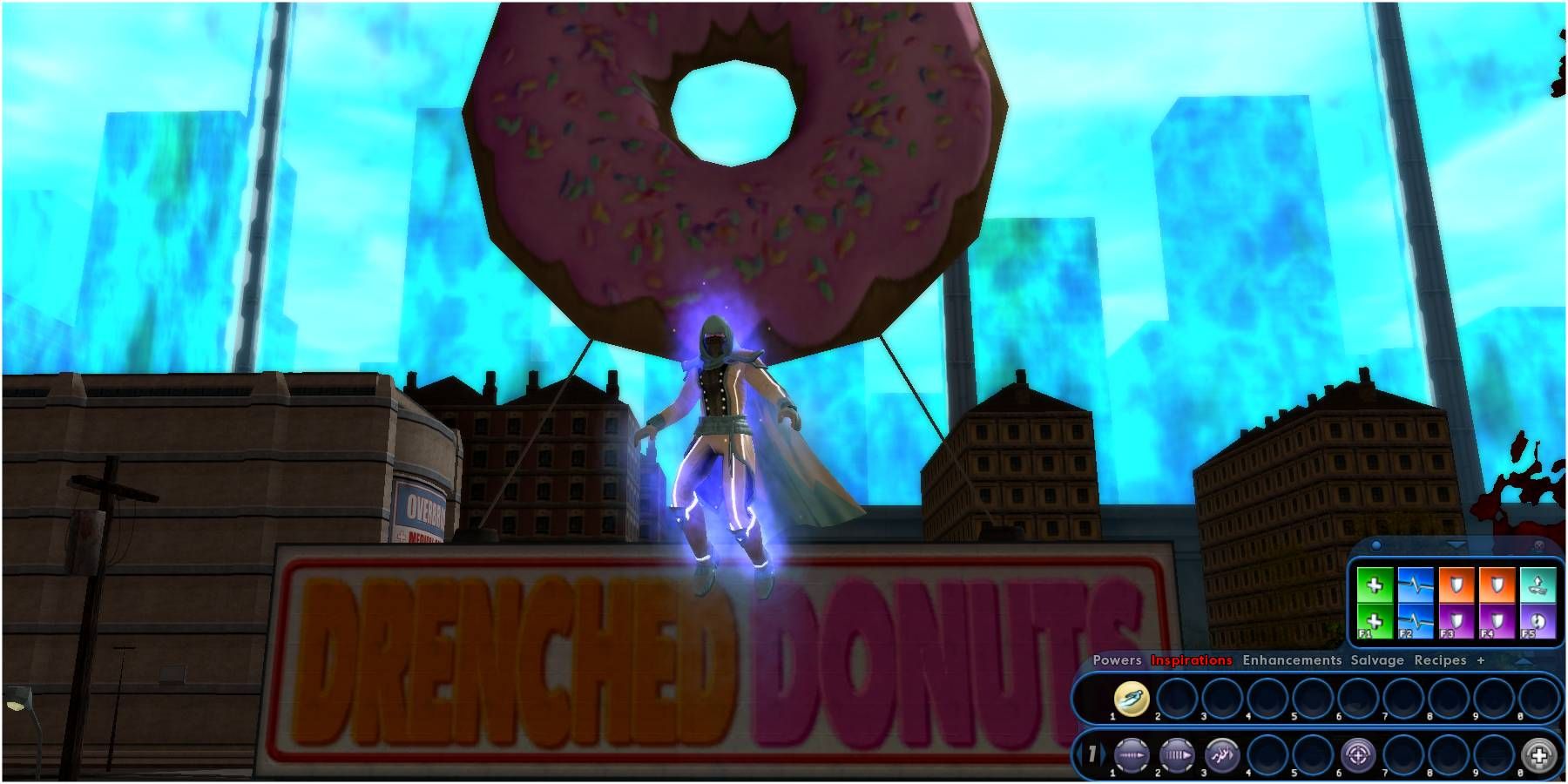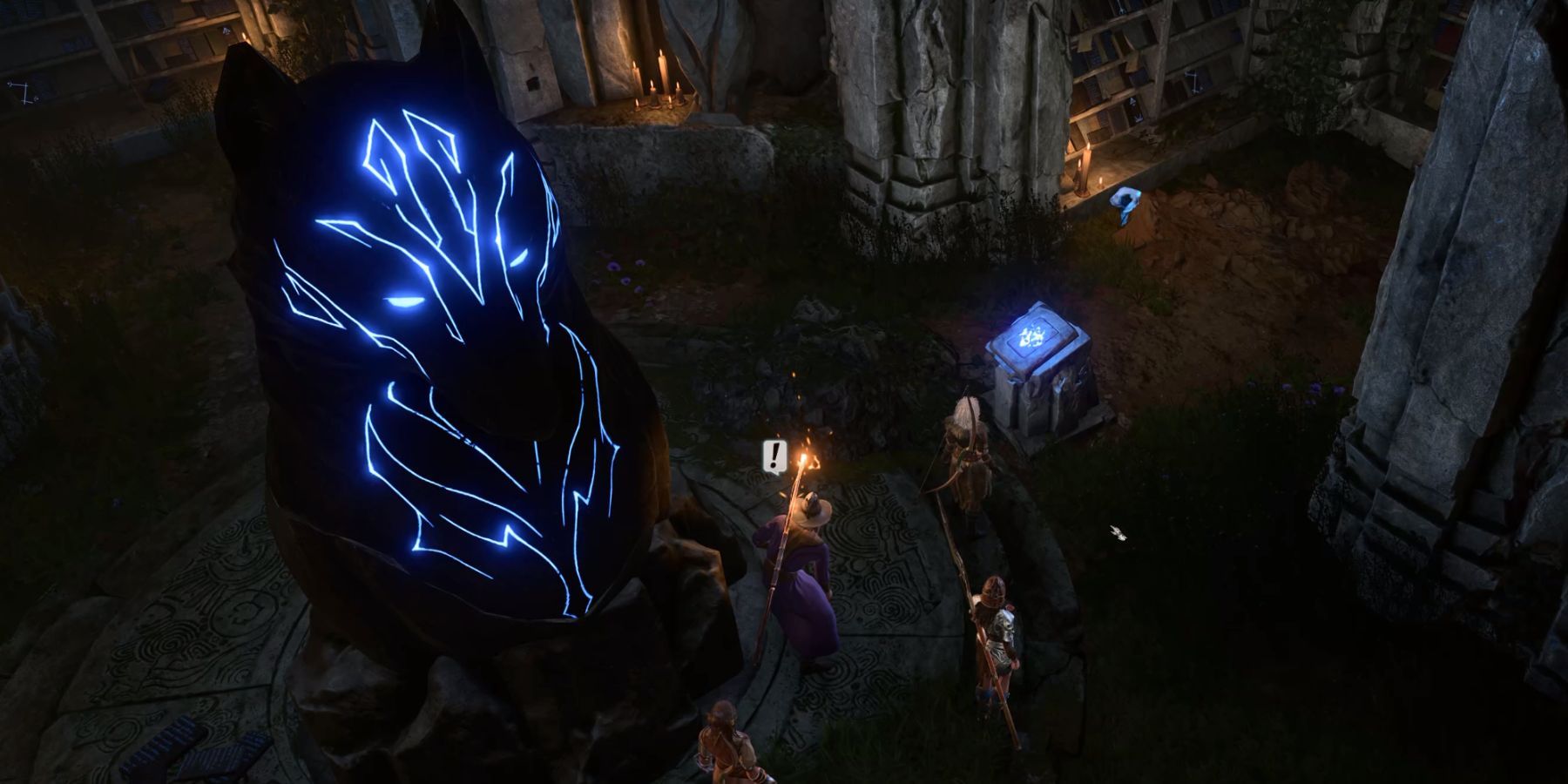Key Takeaways
- The LOTR movies brought Tolkien’s work to life and made fantasy popular.
- The Hobbit trilogy saw decreasing fanfare and hype compared to LOTR.
- The Return of the King concluded the trilogy with commercial success and acclaim.
Lord of the Rings has become one of the great fantasy franchises of all time, with its global appeal and high quality making it stand out in the media landscape throughout many different mediums. Adapted from the works of J.R.R. Tolkien, Middle-earth movies and the Amazon Prime Video show The Lord of the Rings: The Rings of Power have sustained the success of the author’s famed work. The epic fantasy saga has become a behemoth in modern pop culture.
With the success of the movies that visionary director Peter Jackson helmed, Middle-earth breathed fresh air into Hollywood. On release, The Lord of the Rings and The Hobbit trilogies grossed hundreds of millions of dollars. They had a tremendous impact on audiences, making fantasy a valuable genre in cinema. Among the films, these are the ones that raked in the most at the box office.
7 The Lord of the Rings (1978)
Worldwide Gross: $30.4 Million
|
Release Date |
November 15, 1978 |
|
Director |
Ralph Bakshi |
|
Rotten Tomatoes Critic Score |
49% |
|
Rotten Tomatoes Audience Score |
64% |
The first ever Middle-earth movie, The Lord of the Rings, first arrived on the big screen as a low-budget animated film. The movie flew under the radar for many. It focuses on the journey of Frodo Baggins, who must deliver and destroy the dark lord Sauron’s ring at Mount Doom. The hobbit is accompanied by a group of eight who engage in battle and chaos to aid his perilous mission.
The animated movie combines the contents of The Fellowship of the Ring and The Two Towers, condensing a lot of story into a 2-hour 12-minute runtime. This pacing makes the movie feel rushed, resulting in the books’ material being squandered. Considering that the fantasy genre was still considered niche in the 1970s, the audience and critical response were unsurprising. The fantasy boom didn’t come until the beginning of the 21st century, when LOTR profoundly impacted audiences.
6 The Lord of the Rings: The Fellowship of the Ring
Worldwide Gross: $887 Million
|
Release Date |
December 19, 2001 |
|
Director |
Peter Jackson |
|
Rotten Tomatoes Critic Score |
92% |
|
Rotten Tomatoes Audience Score |
95% |
At the start of the 21st century, Jackson delivered the impressive feat of The Lord of the Rings: The Fellowship of the Ring, marking the start of a historic Hollywood franchise. When Frodo and the Fellowship begin their journey to destroy the One Ring in Mordor, the group embarks on a battle of survival of the fittest. They take on tricky terrain and otherworldly foes such as the Balrog in Jackson’s thrilling first entry.
The Fellowship of the Ring opened the door for fantasy to make an imprint on society. The introduction of hobbits, elves, and wizards were all a refreshing inclusion in pop culture. Despite being the lowest gross of the franchise, it’s worth noting that the property at the time of release was not as popular in society and pop culture. However, the movies’ immediate success led to all following Middle-earth films prospering.
5 The Lord of the Rings: The Two Towers
Worldwide Gross: $937 Million
|
Release Date |
December 18, 2002 |
|
Director |
Peter Jackson |
|
Rotten Tomatoes Critic Score |
95% |
|
Rotten Tomatoes Audience Score |
95% |
Continuing on their adventure, Frodo and Samwise Gamgee venture forward without the aid of their companions. The pair encounter the ring-obsessed Gollum, who takes center stage as he leads Frodo and Samwise on their path towards Mount Doom. Building on The Fellowship of the Ring’s mass consumption, Lord of the Rings: The Two Towers continued its predecessor’s sense of scale. Its grandeur and heightened expectations contributed to its financial success.
The Two Towers’ Battle Of Helm’s Deep showcased the potential of the fantasy genre, portraying an iconic battle from the books that fans loved. The battle and the addition of favorite characters only added to the popularity of the emerging franchise. The box office jump in only a year showed the momentum the LOTR films were beginning to achieve.
4 The Hobbit: The Desolation of Smaug
Worldwide Gross: $959 Million
|
Release Date |
December 13, 2013 |
|
Director |
Peter Jackson |
|
Rotten Tomatoes Critic Score |
74% |
|
Rotten Tomatoes Audience Score |
85% |
The Hobbit: The Desolation of Smaug marked the continuation of the Bilbo Baggins adventure and the introduction of Smaug, the main antagonist of The Hobbit. As Bilbo and his party continue their mission, the group endures conflict and warfare. Bilbo comes face-to-face with the dreaded dragon that resides within the Lonely Mountain, resulting in an encounter that many view as a highlight of the trilogy.
Unlike the LOTR trilogy, which increased its total from movie to movie, The Desolation of Smaug saw a decrease in gross after An Unexpected Journey. General fan sentiment failed to resonate with The Hobbit compared to the standards of LOTR. Many of the struggles came down to production issues. The exit of director Guillermo Del Toro before The Hobbit trilogy got underway threw a spanner in the works, altering the creative process drastically. With the lack of content for a trilogy and a chaotic production causing a drop-off in quality, less fanfare and hype was built for The Desolation of Smaug, though the movie still succeeded financially.
3 The Hobbit: The Battle of the Five Armies
Worldwide Gross: $962 Million
|
Release Date |
December 17, 2014 |
|
Director |
Peter Jackson |
|
Rotten Tomatoes Critic Score |
59% |
|
Rotten Tomatoes Audience Score |
74% |
The Hobbit trilogy’s final film, The Battle of the Five Armies, brings Bilbo’s adventure to a dramatic and tension-filled end with a large-scale battle between elves, dwarfs, and orcs outside the Lonely Mountain. At the film’s climax, Thorin Oakenshield defeats Azog the Defiler, but succumbs to fatal injuries. However, Bilbo and Thorin are able to see eye to eye in an emotional conclusion.
Despite bringing back LOTR favorites for the story’s climax, such as Gandalf, Galadriel, Elrond, and Legolas, The Battle of the Five Armies failed to join the billion-dollar club. As The Hobbit trilogy went on, the anticipation and hype decreased with each film despite it reaching its conclusion. The Battle of the Five Armies was panned for lacking the gravitas of LOTR, leaving the film failing to reach its potential critically and commercially.
2 The Hobbit: An Unexpected Journey
Worldwide Gross: $1.017 Billion
|
Release Date |
December 14, 2012 |
|
Director |
Peter Jackson |
|
Rotten Tomatoes Critic Score |
64% |
|
Rotten Tomatoes Audience Score |
83% |
Upon release, An Unexpected Journey was the first Middle-earth movie in 8 years. The film was released to mass anticipation and excitement from fans of the LOTR trilogy and Tolkien’s work. Marking the start of Bilbo’s journey across Middle-earth, the character is joined by Gandalf, Thorin, and a legion of dwarfs as the party heads to reclaim the dwarfs’ home from the dragon, Smaug, in a dangerous adventure filled with fun and camaraderie.
Due to the success of the LOTR trilogy, An Unexpected Journey became a significant hit monetarily despite the drop in standards. Fans were ecstatic at the return of Middle-earth and pop culture icons Gandalf and Saruman.
1 The Lord of the Rings: The Return of the King
Worldwide Gross: $1.137 Billion
|
Release Date |
December 17, 2003 |
|
Director |
Peter Jackson |
|
Rotten Tomatoes Critic Score |
94% |
|
Rotten Tomatoes Audience Score |
86% |
The finale of the LOTR trilogy, The Return of the King, became a landmark for cinema and fantasy. It is nowrecognized as an integral piece of fiction, along with its predecessors. The Return of the King saw Frodo and Samwise destroy the One Ring and Gollum at Mount Doom, leading to Sauron and Mordor’s demise. Meanwhile, the heir of Isildur, Aragorn, led his people to victory in a battle that saw tensions and emotions run high for audiences, with its climax leading to the destruction of all evil in Middle-earth.
The Return of the King received widespread acclaim, becoming the highest-grossing Middle-earth movie due. It marked the climax of a multi-hour story that reinvigorated the fantasy genre, making fantasy cool in pop culture and society. On top of winning Best Picture at the Oscars, a first for a fantasy film, The Return of the King became a phenomenon like no other, pushing boundaries that helped audiences embrace fantasy.

/cdn.vox-cdn.com/uploads/chorus_asset/file/23024358/GoogleChromecastwithGoogleTV.jpg)
